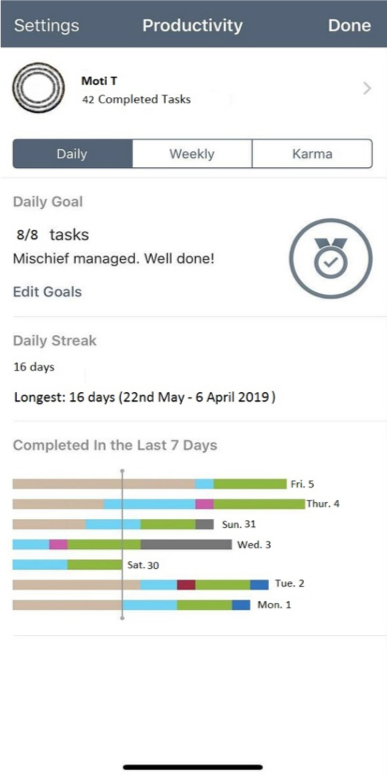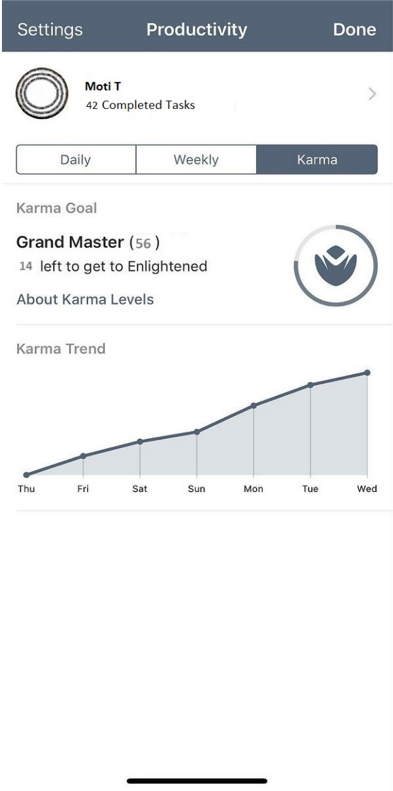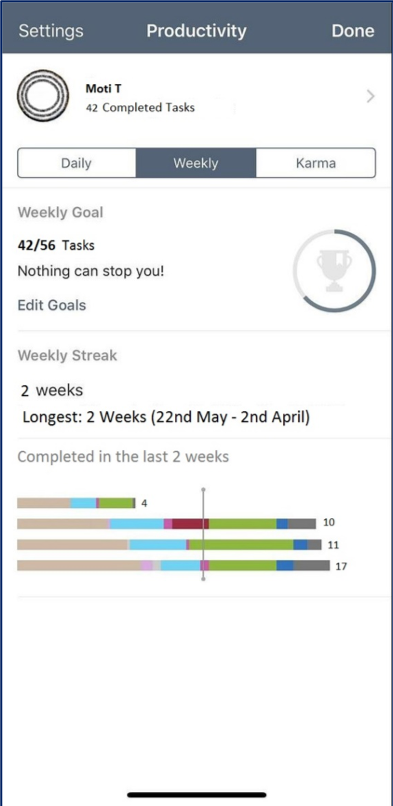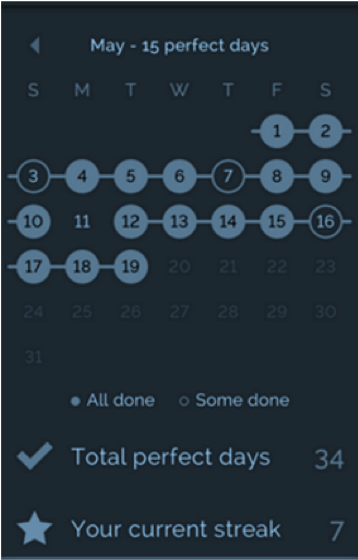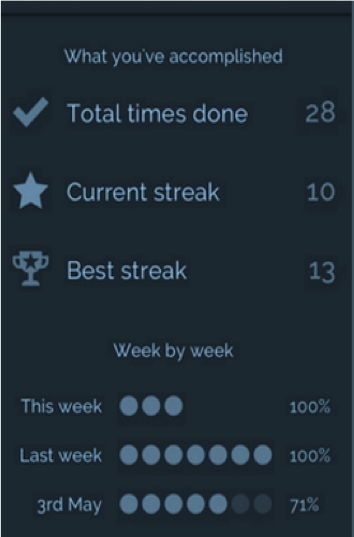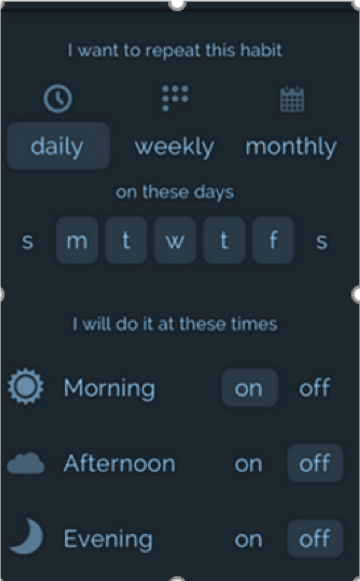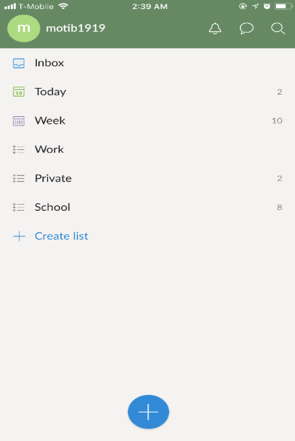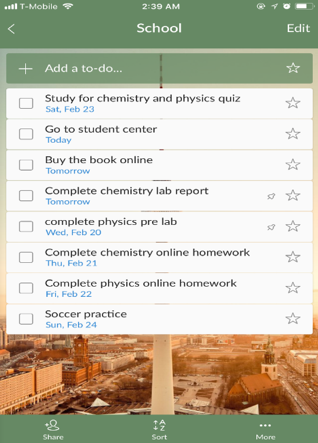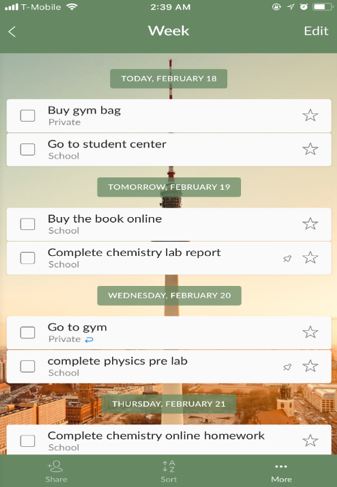Do you spend too little or too much or time studying? Is it your wish that you could study more effectively and still have time to do other activities for personal development? If so, then you need to manage your time well. I also found it difficult to manage time well but not until I read the book, Organize Tomorrow Today, by Jason Selk, Tom Bartow, and Matthew Rudy which contained hints that well laid out regarding effective time management.
From personal experience, effective time management plays a significant role in managing time for classwork, exams and ultimately short and long term life goals. For this reason, you need to come up with an effective plan that works for you with regards to managing time. But how do you go about that? To begin with, you need to identify three main parameters:
- What commitments do you have?
- What are your study objectives?
- How and when do you work best?
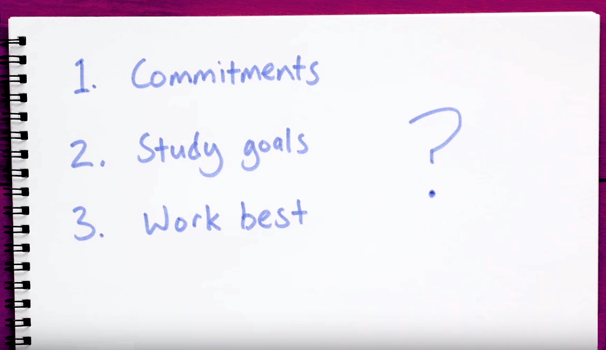
Once you identify these parameters, it is easy to manage your time effectively. Your commitments outside study should define how much time you need to dedicate to your studies. These commitments might be; travel, family, friends, work or even personal commitments.
Plan
Once you identify them, you should write them down indicating when they should happen and how long they should take. You could do this for the whole week or even a month. After doing that, you can now get a rough idea of how much time there is for studying. Planning adequately for work, family and school work such as reports, reading, writing, experiments, research, essays, papers, projects, tests, presentations, and exams help you achieve the best results. Planning increases your cognizance making it less likely to waste time with meaningless activities. Also, plan some down time to relax and refresh. Enables you to be more effective.
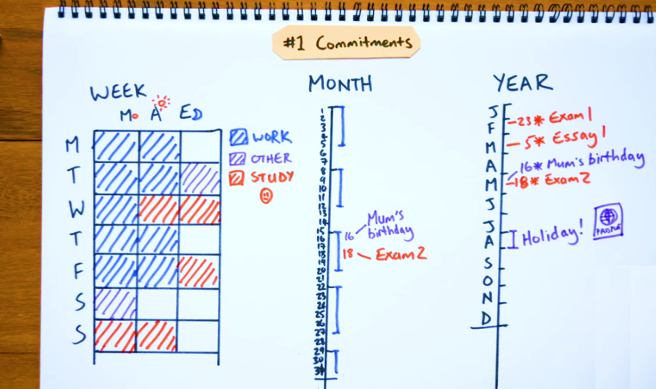
Assess Yourself
After finding out how much you need to do, consulting your syllabus, assignment schedules, exam timetables, and past exam papers and also making a time table, you should decide how to complete the required tasks and create a timetable that addresses each item.
The study objectives should be determined by the time you have left for studying. Here, you need to ask yourself such questions as; “What grade do I need to pass this course?”, “How much time do I need to achieve this?”
However, you need to be keen not to bloat your schedule. It is a common problem that most people face — especially those who want to become high achievers. You need to trim the fat and spend less time in some things that need to be done to get more time for more critical activities.
Set Goals
Then make some goals, both long term, and short term. Short term goals could include activities that need to be completed in the course of the week, the day or over a short period, probably in the next hour or so. Then try to think how much time each item requires to be successfully achieved. Taking a good look at the commitments you had identified earlier could help you make some adjustments on the time allocations.
Prioritize meaningful work and Identify Where You work best
Once you do this, you’re one step closer to succeeding in managing your time and thus succeeding in the set goals. The next thing that should follow is identifying how and where you work best. Is it at home or the library? Is it in silence or with some music on? Is it with some coffee, water, chocolate or with none? Right! After that identify the most difficult tasks and those that are easy.
However, you should be keen to make wise decisions. The objectives of effective time management are always geared towards prudent allocation of time.
Clearly, understand the requirements of the study and allocate adequate time for each item. This includes personal goals, school work, and career goals.

With all the information you have so far, you can make a perfect master plan that works best for you. N.B. Try to allocate time for difficult tasks when your concentration is highest.
Avoid Distractors
But wait! Why is it that everything else seems more interesting whenever you have a task to undertake? You have to be sure to avoid distractions; maybe you need to switch off the phone, and probably take a desperate measure to switch off your internet connection if you won’t need it for your research. Working in short bursts or doing a deal with yourself could also work well. For instance, you could decide to undertake a task for a few minutes at a time. You could even take a lovely piece of cake or chocolate after completing a proportion of the task.
Avoid procrastination
It is the hardest part of time management since this happens all too often. The best way to avoid procrastination is to be fully aware of what needs to be done at a particular time. You should do everything possible to make sure you do not procrastinate. One of the most effective ways to do that is to use momentum as a catalyst. This is where you approach each day with more preparedness and less anxiety than the day before. This increases confidence and keeps you in motion. It also draws the line between being productive and being busy.
Manage and track your time
Lack of strategic focus, procrastination, and lack of planning are the major causes of failure. Without making adequate time to study, completing assignments in good time and getting high scores in exams is close to impossible. Even the best athletes and best musicians in the world spend massive amounts of time planning and practicing. Besides, significant scientific discoveries don’t come along without a hundred or even thousands of trials which require time management skills. Time plays a vital role in the success of anyone in their academics or careers. It is, therefore, crucial to not only manage time but also do some tracking.
To track your time, you need to use tools that could help you. These tools include reminders, habit-tracking apps, journals. There is an array of applications and websites that you could use. Personally, I found the tools discussed below really helpful.
1. Todoist
This tool allows you to record the activities you need to accomplish on a daily, monthly and even annually if you like. In my case, I set tasks that I was to complete on a daily basis for two weeks. The tool, which is available on the web and also on the Play Store and App store, assists you to stay organized and productive. The data images below show the screenshots captured by the end of the second week. You should use this tool since it offers multiple platforms that helps you track your behaviors over time. However, something that didn’t work well in my case was recording sub-tasks from the main tasks.
2. Productive – Habit Tracker
This tool helped me to schedule tasks that I needed to complete at different times of the day. The best thing about the tool is that I could schedule some tasks more than once in a day. For instance, I could choose to read a proportion of a chapter in the morning and the rest of it in the evening. The tool worked well since it offered streak features and created chains of habits I completed successfully. At the end of the set period, the tool gave an overview of the overall performance. In my opinion, this method of tracking your behavior would be efficient since it captures more elements that most tracking tools.
3. Wunderlist
I used this tool to plan and manage different tasks during the day and throughout the entire week. I would recommend this tool since it offers a combination of simplicity, extra functionality, offline support and ability to share content. It was really helpful in tracking my personal, work and study items. However, although the tool is amazing, it becomes difficult to sign in or even sign up at times.
The advantages of managing your time effectively
Effective management allows you to achieve a wide range of objectives within a short period. This lead to more achievements and even more free time. This gives more chances to spend time with friends and family, catch up with school work and even learn new things. Also, once you manage your time effectively, you reduce your chances of being stressed or frustrated which helps you to focus on academics and therefore career success. The benefits of time management are interrelated since each of them leads to the improvement of an aspect of your life. It can also help you get higher scores in tests, quizzes, and exams.
Major takeaways
In sum, the book, Organize Tomorrow Today, helped me develop effective time management skills. I believe that you have also learned essential skills for managing your time. Frankly, if you are in college, university or any other academic institution, you are holding a position coveted by many. You may have secured admission because your application looked appealing and showed your likelihood to succeed in life. So, after getting such an opportunity, investing so much time and resources to get there, what are you doing to make it count? Do you manage your time effectively to ensure that your academic, personal and career goals are met?
Recommendations
Powerful and effective time management is one of the essential life skills you can have. Failure to manage time effectively could lead to the underachievement of either academic or professional goals. In this respect, effective time management is crucial for academic success. According to research, the best performing students around the world are not necessarily the smart ones but those who plan their time effectively.
Although managing time could be hard for most students, you need effective management skills and devotion to meet specific goals within the desired time. Applying such skills as the ones outlined above will go a great deal in helping you manage your time effectively.
Remember, “when you learn effective time management skills, time becomes a friend rather than an enemy. You will no longer need to rush against time or behind schedule.” – Peter Drucker.

